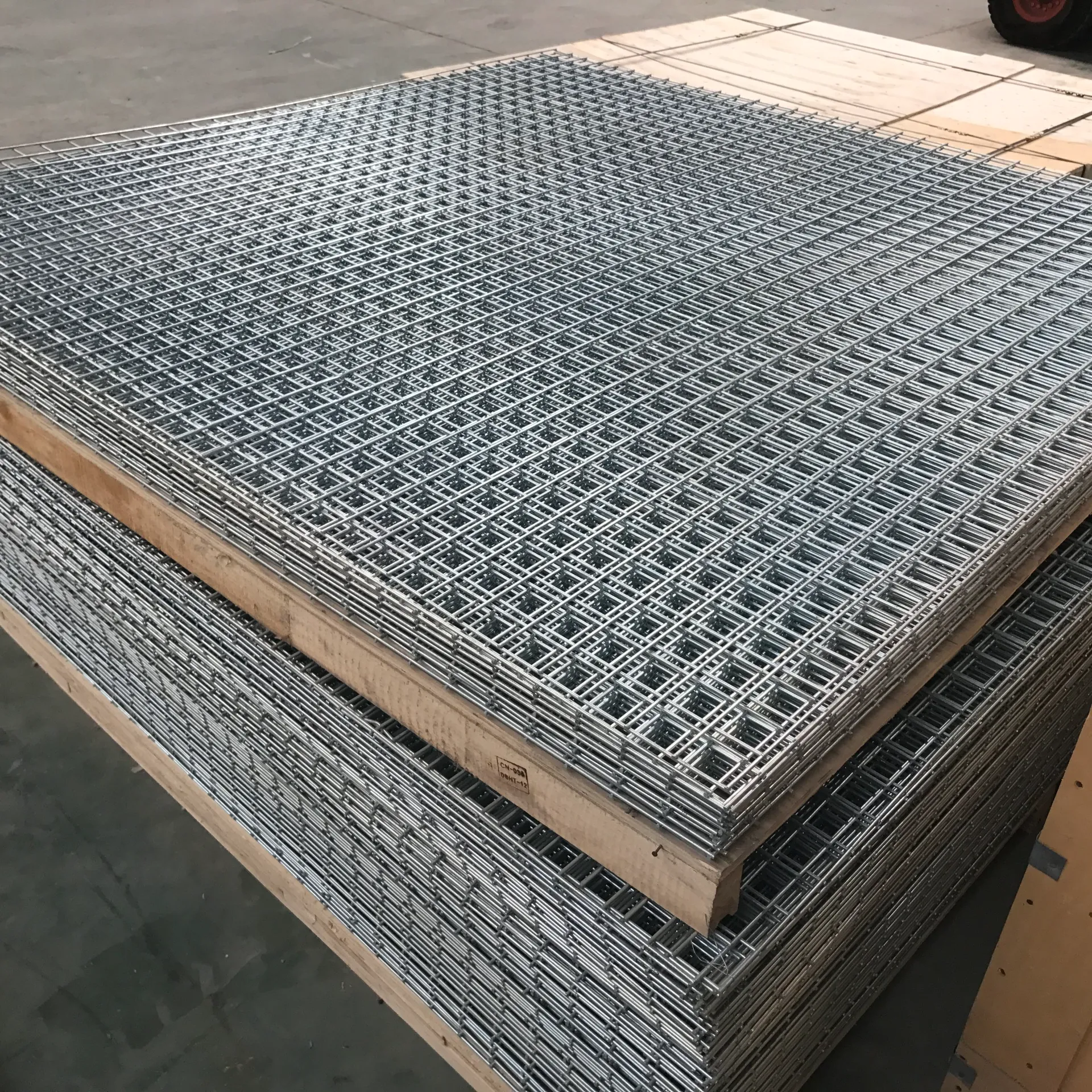Highway noise is an ever-growing concern in urban and suburban areas. As traffic increases, so does the impact of noise pollution on nearby communities. Thankfully, highway noise barriers have been engineered to provide much-needed relief, creating quieter, more peaceful environments. These barriers are designed to reduce the noise from road traffic, ensuring that residents can enjoy a more serene quality of life. Let’s explore the various highway noise barriers available and how they contribute to noise reduction.

Sound Barriers Along Highways: A Simple and Effective Solution
Sound barriers along highways are the most common form of noise control used in residential areas near busy roads. These barriers are constructed with durable materials such as concrete, wood, or metal, designed to block and absorb the noise produced by highway traffic. When properly designed and installed, sound barriers along highways can reduce noise levels by up to 50%, significantly improving the living conditions of nearby residents.
The choice of material and height of the sound barriers along highways plays a crucial role in their effectiveness. Taller barriers made of dense materials, such as concrete or steel, are most efficient at blocking the low-frequency sounds often generated by traffic. In areas with high traffic density, these barriers serve as an essential tool for noise control, providing a physical shield between the noisy roads and homes.
Sound Walls on Highways: Engineering for Noise Reduction
Another effective noise-reduction solution is the installation of sound walls on highways. These walls are designed to divert sound away from residential areas, protecting communities from the constant hum of traffic. Sound walls on highways are typically built in strategic locations where noise levels are most intense, such as intersections, curves, or near residential properties.
The key to the success of sound walls on highways lies in their design and materials. These walls are often constructed from soundproof materials that block or absorb sound, such as concrete, metal, or specially treated wood. In addition to their noise-reducing properties, sound walls on highways can also enhance the aesthetic appeal of an area, as they can be designed to blend seamlessly with the environment or even feature artwork or landscaping.
Noise Fence: A Barrier for Peaceful Living
A noise fence is another practical solution for reducing traffic noise. These fences are typically made from solid materials such as wood, vinyl, or composite, designed to block sound waves from reaching nearby homes. Whether installed along highways, roads, or railways, a noise fence is effective in mitigating the sound from passing vehicles, providing residents with much-needed peace and quiet.
The versatility of a noise fence allows it to be customized to fit the specific needs of a location. For instance, a higher noise fence may be required in areas with more intense traffic noise, while a lower fence may suffice in less noisy environments. These fences can also be paired with sound proof membrane materials to further enhance their soundproofing capabilities.
Sound Proof Membrane: The Invisible Shield Against Noise
Sound proof membrane materials are often used in conjunction with highway noise barriers to enhance their noise-dampening effectiveness. These membranes are typically thin, flexible layers of material that are added to walls or fences to absorb and block sound. Sound proof membrane technology works by preventing sound vibrations from passing through walls or barriers, significantly improving the overall soundproofing performance.
Incorporating a sound proof membrane into highway noise barriers can dramatically increase their ability to block high-frequency sounds, such as those created by car horns or sirens. The membrane helps ensure that sound is not only blocked but also absorbed, making these barriers even more effective at creating a quieter living environment.
AC Sound Barrier: Reducing Noise for a More Comfortable Environment
In addition to traditional highway noise barriers, another option gaining popularity is the AC sound barrier. These barriers are specifically designed to reduce noise from air conditioning units and other mechanical systems. In areas where both highway noise and mechanical noise combine to create a disruptive environment, the AC sound barrier can offer a targeted solution.
The AC sound barrier is often made from sound-absorbing materials that prevent noise from being transmitted through the walls of buildings. When combined with sound barriers along highways, these barriers help to create a comprehensive noise-reduction system that addresses both external and internal noise sources.
By incorporating materials like sound proof membrane and AC sound barriers, these barriers are engineered to create quieter, more comfortable environments for those living near busy roads. As noise pollution continues to rise, these innovative solutions will play a crucial role in ensuring that our communities remain peaceful and noise-free.
-
Why Galvanized Trench Cover Steel Grating Resists Corrosion
NotiziaJul.10,2025
-
The Versatility and Strength of Stainless Expanded Metal Mesh
NotiziaJul.10,2025
-
Load Calculations in Steel Grating Platforms
NotiziaJul.10,2025
-
Keeping Pets and Kids Safe with Chicken Wire Deck Railing
NotiziaJul.10,2025
-
Hole Diameter and Pitch for Round Perforated Metal Sheets
NotiziaJul.10,2025
-
Aluminium Diamond Mesh in Modern Architecture
NotiziaJul.10,2025
Subscribe now!
Stay up to date with the latest on Fry Steeland industry news.

